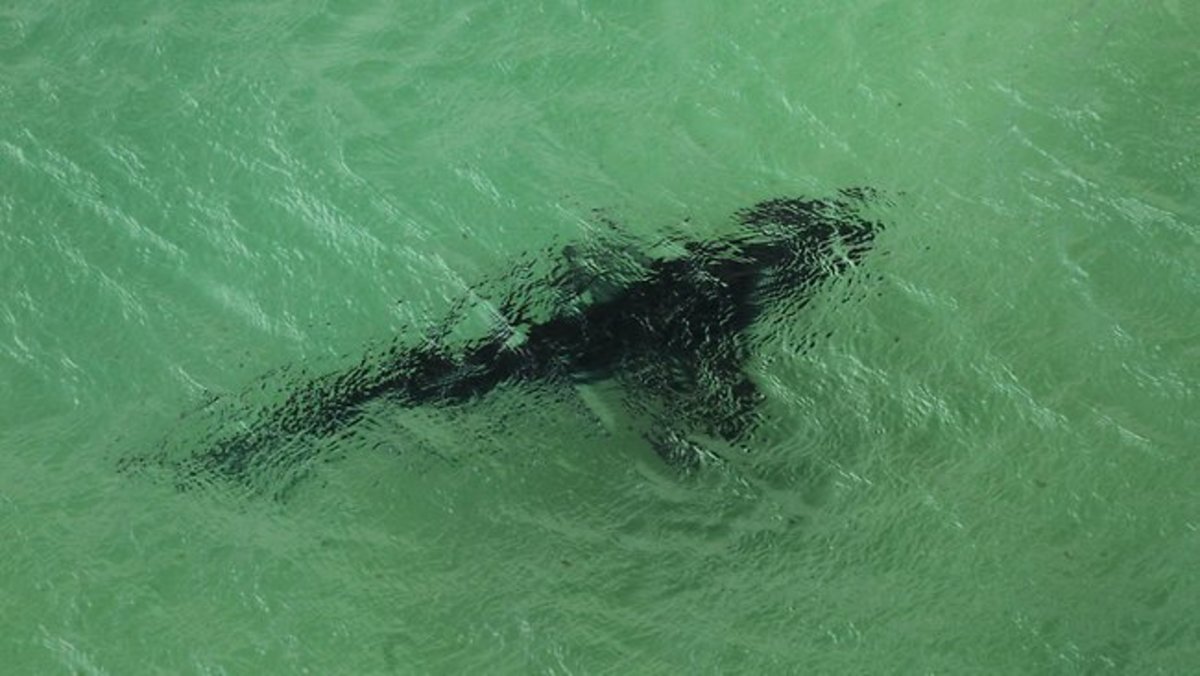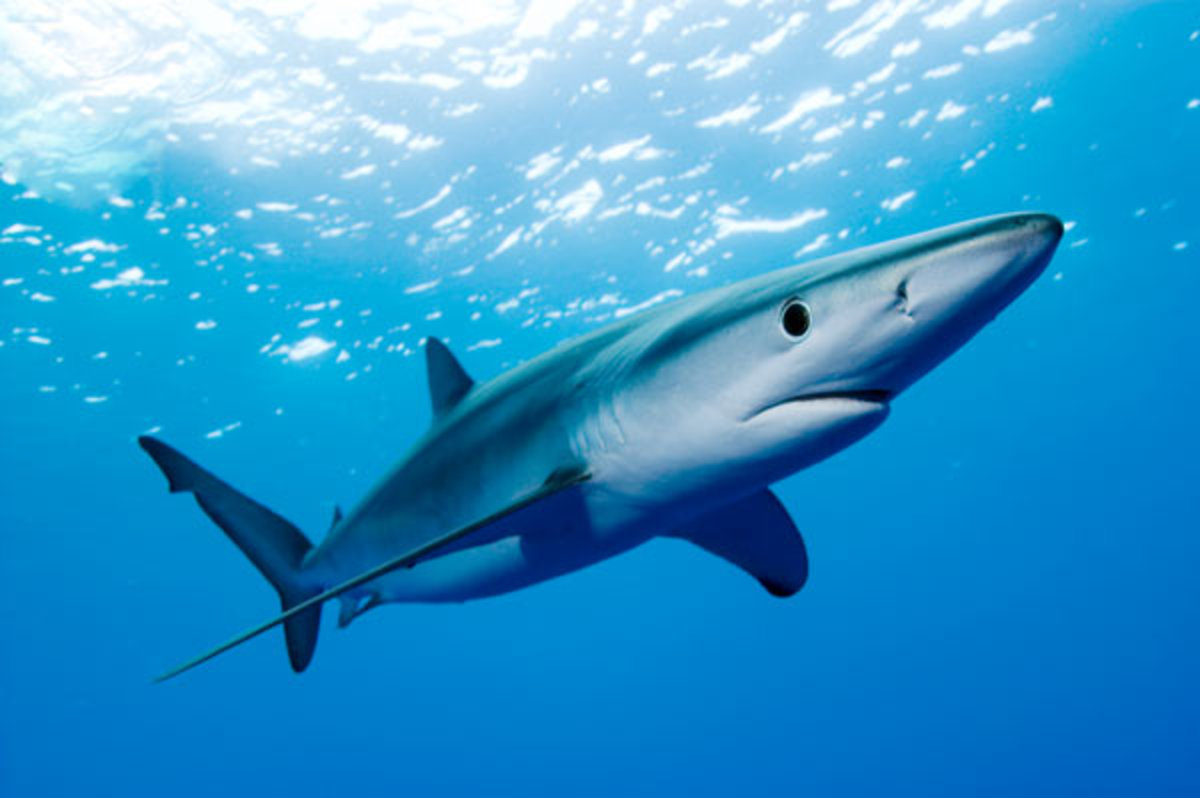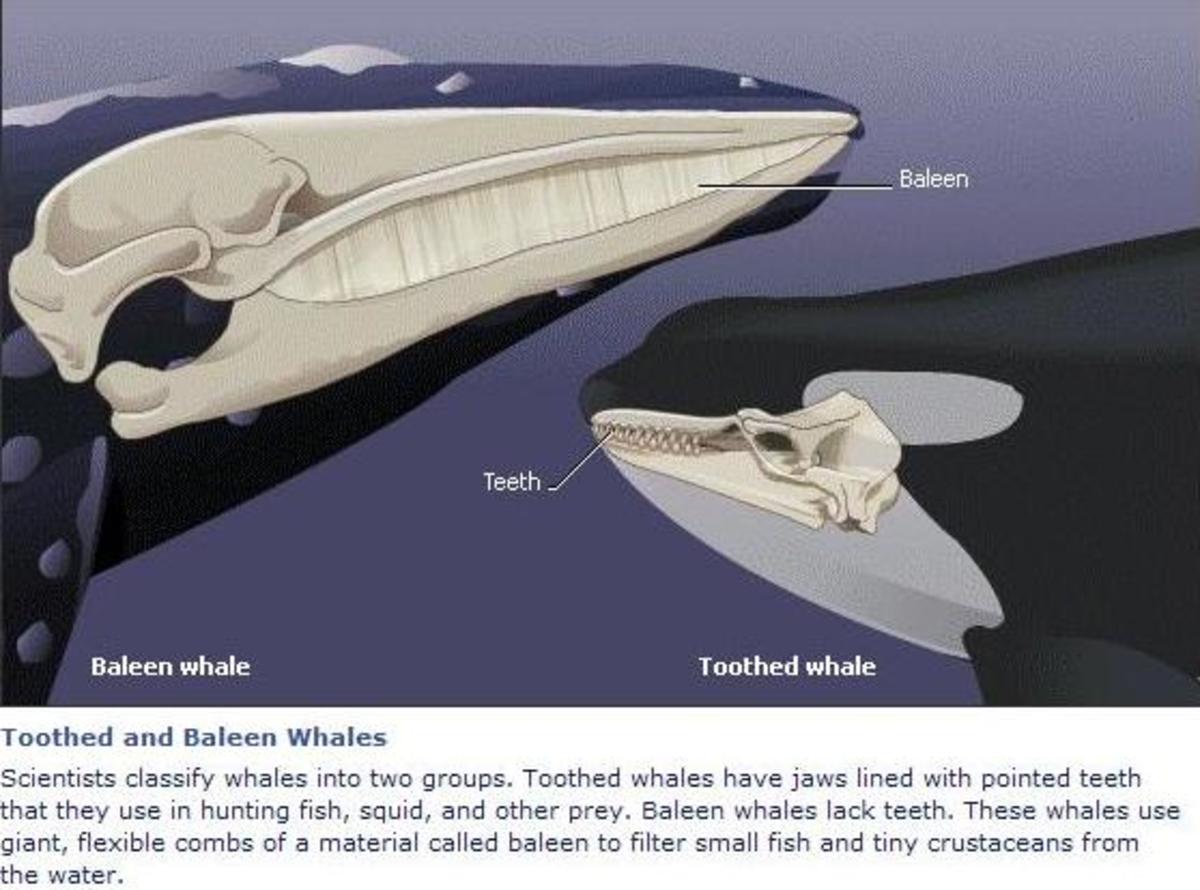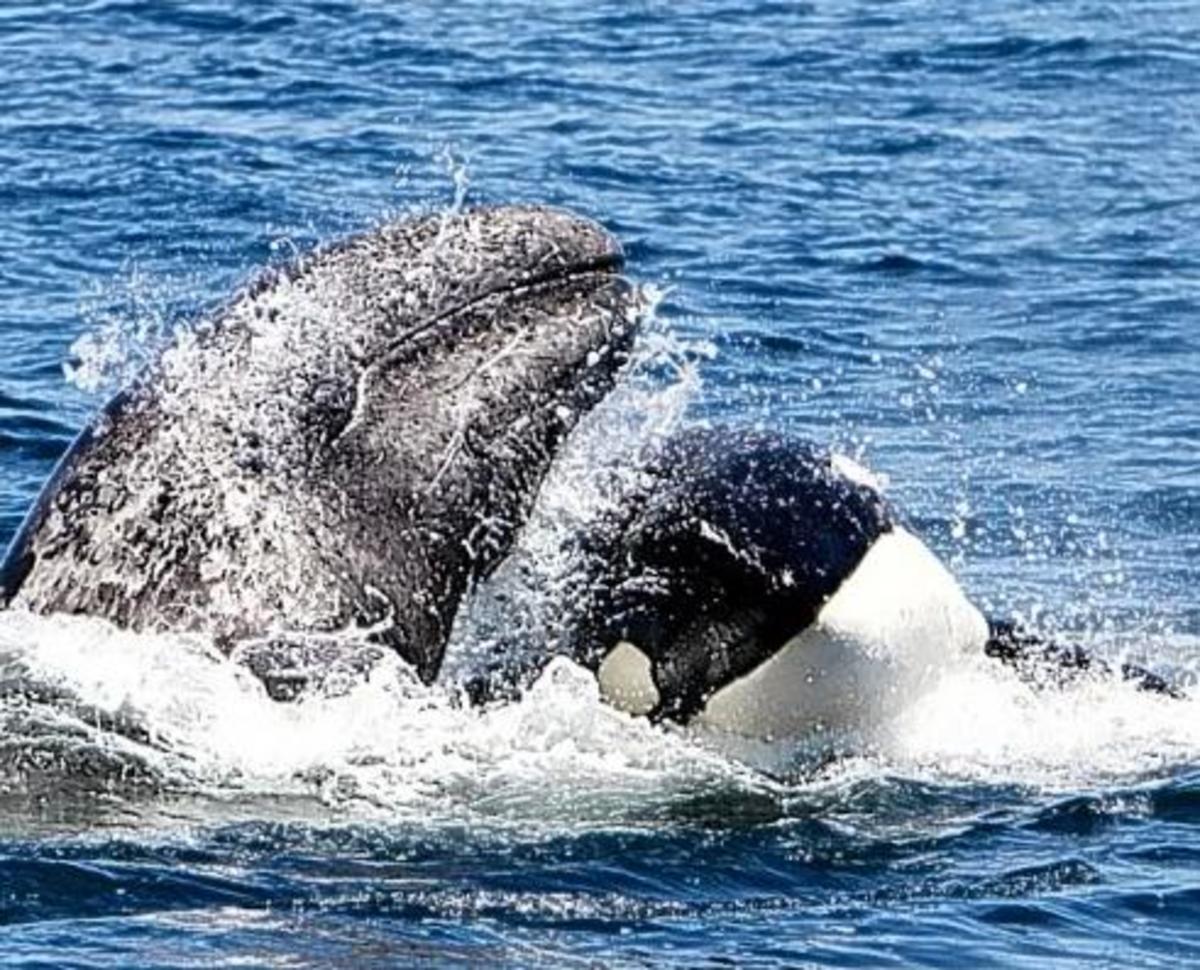- HubPages»
- Education and Science»
- Life Sciences»
- Marine Biology
Shark Attacks and Fatalities: Why Sharks Attack and Ways to Prevent It

Sharks evolved from animals that have been a part of our ocean since pre-historic times. The dangers and potential for these predators to attack humans who are in the ocean is rare. But anyone who has seen Spielberg’s Jaws can’t help but peer out into the water, looking for the telltale dorsal fin breaking the surface of the water.
Many times sharks swim peacefully among groups of blissfully unaware bathers. But when they do attack the injuries are frightening, can be severe and sometimes deadly.
In The News: Recent Human Fatalities Caused By Sharks
- March 12, 2013
A Jamaican spear fisherman was attacked and killed by a Tiger Shark that was estimated to be 16 feet long. Other fisherman that were with him were able to retrieve the body even though the shark continued to circle.
- February 3, 2013
A kite surfer was Stephen Shafers was killed off the coast of Stuart Florida when a shark attacked him. A lifeguard on the scene reported that the shark was still circling the victim when he came to help.
- February 27, 2013
A New Zealand man was swimming alone at Auckland beach when he was attacked by two Great White Sharks. The man came up once as fisherman tried to wave him to shore but was pulled under again and killed. Police fired at the sharks but are unsure if they were killed.
Sharks That Attack Humans
Basking
| Caribbean Reef
| Sand Tiger
|
|---|---|---|
Black Tip
| Dusky
| Shortfin Mako
|
Blacktip Reef
| Galapagos
| Silky
|
Blue
| Gray Reef
| Spinner
|
Bluntnose Sixgill
| Great Hammerhead
| Spotted Wobbegong
|
Broadnose Sevengill
| Lemon
| Tiger
|
Bronze Whaler
| Nurse
| White
|
- December 25, 2012
A twenty year old man was attacked and killed by a Tiger Shark at Second Beach, Port St. Johns, Eastern Cape South Africa. The beach was crowded with swimmers enjoying the holiday. Witnesses said that the shark was seen swimming among the swimmers. The body was not recovered.
- November 22, 2012
A lifeguard in Nuevo Altata, Sinaloa, Mexico was attacked and killed while trying to retrieve a rubber dingy that was tangled up in the surf. The lifeguard died at the hospital of wounds to his leg and calf
- October 23, 2012
A surfer was killed by a Great White off the coast of Santa Barbara, California. He was bitten in the torso and died of his injuries despite his friends' efforts to save him. The shark was never captured.
- August 26, 2012
A swimmer was found dead from an apparent shark attack after being reported as missing by his family. The body was recovered but was described as having “massive tissue loss to the right leg.”
- July 14, 2012
An Australian surfer attacked and killed a surfer near Wedge Island. The shark, a Great White, bit the surfer in half and carried off the body before it could be retrieved.
Why Do Sharks Attack?
According to Discovery Channel, there are several reason that sharks attack.
-
Sharks attack if swimmers are in an area where others have been attacked, the sharks may have begun to associate human flesh with food.
-
Sharks attack if taunted with food or if agitated (such as when they have been stuck in a net).
-
Sharks attack out of curiosity
-
Sharks attack because of being stepped on or feeling a need to defend their territory
Remember that sharks are not normally searching for human victims. So knowing your surroundings, the waters and listening to lifeguard instructions can prevent an attack.
Shark Attack on National Geographic Filmer
Sharks In Trouble
Despite the horrifying nature of these deaths, the reason that they make news is because they are rare.
According to National Geographic’s Brian Handwerk, shark attacks average around 70-75 a year. Given the number of people that enjoy the beaches and ocean waters, this figure is very low. Handwerk suggests that sharks are really the ones in trouble with millions of sharks being killed by fisheries each year.
He also notes, though, that as destination tourism becomes more popular such as in Egypt where guides were actively attracting and feeding sharks, the number of accidents are bound to go up.
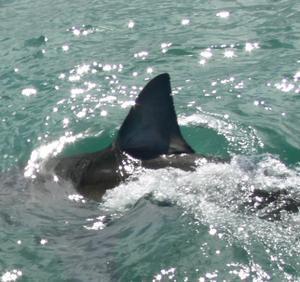
Safety Tips When At the Beach
Hannah Price of Australian Geographic offers some tips for beachgoers and surfers. These tips include:
-
Swim at beaches that have designated life guards
-
Do not wear shiny swimsuits, jewelry or lighter, bright colors
-
Don’t swim or surf alone
-
Make sure the water is clear and not cloudy
-
Avoid splashing
-
Don’t swim at dawn or at night
-
Don’t swim near large schools of fish or where people are fishing
The likelihood of being involved in an incident involving a shark is very small. Be smart about your surroundings and water activities. Perhaps our own human behavior has put these animals at risk. Attacks can sometimes be prevented. Sharks and humans can coexist.
Adopt a Great White!
- World Wildlife Fund | Adopt a Great White Shark - WWF Gift Center
Great Whites, among other sharks, are endangered due to human activity. Go to the World Wildlife Fund to learn what you can do to help.
Do You Fear Sharks?
Does the fear of sharks keep your from going to the beach/ocean as often as you would like?
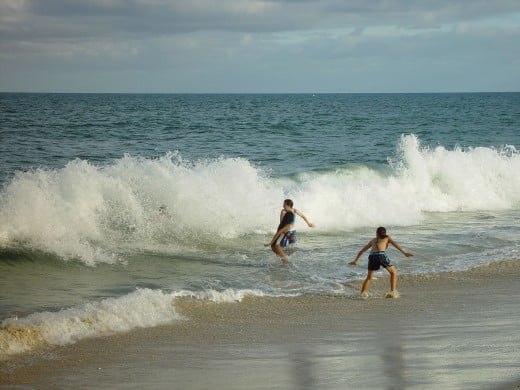
Other References
- Shark Attack Information ~ Shark Attack News up to the minute Shark Attack News Information
Shark Attack Information and Shark Attack News as it happens from News agencies around the world.




